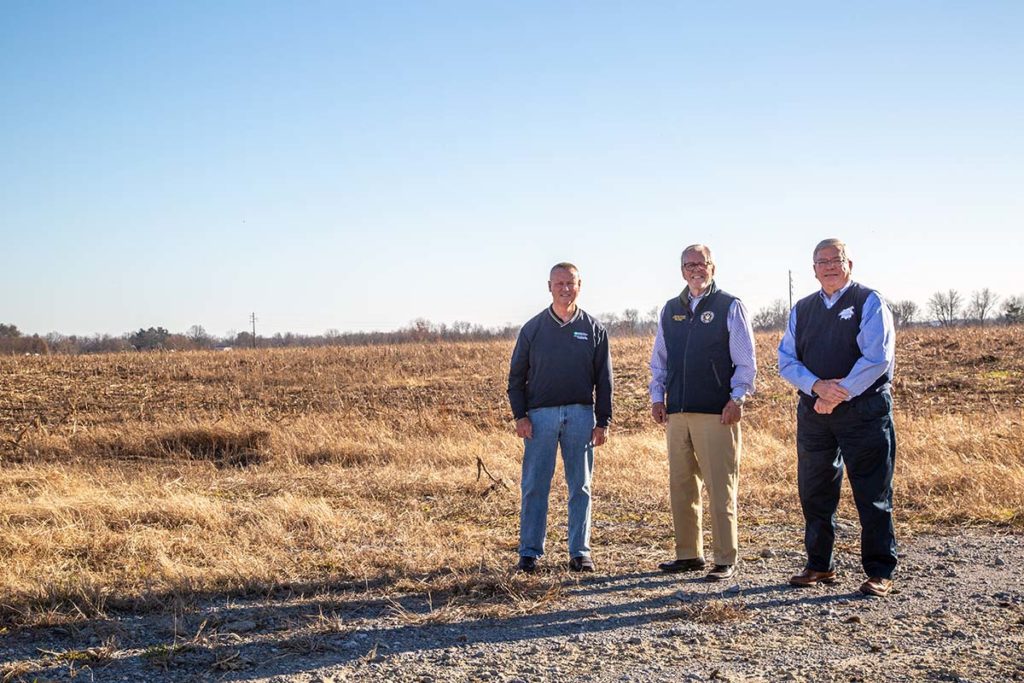
Despite its proximity to a major interstate, the old Norfolk Southern railyard in Shelbyville, Kentucky, had gone undeveloped for nearly two decades, when the railroad first bought the land.
But that fallow period is about to end. Global metals and alloy recycler Wieland Group is set to hold a June 29 groundbreaking for its North American headquarters, a $200 million, 81-acre facility that will bring 75 high-paying jobs to Shelbyville when it opens next year. Shelby Energy Cooperative will serve Wieland North America.
Germany-based Wieland, founded 200 years ago as a fine art and bell foundry, considered several sites before selecting Shelbyville, the company’s president of recycling in North America told Recycling Today magazine.
“At the end of the day, Kentucky and Shelby County worked with us to create a business environment which is logistically advantaged and operationally competitive,” said Wieland’s Matt Bedingfield.
Shelby Energy and its power supplier, East Kentucky Power Cooperative, were part of a collaborative approach to the site selection process that included utility and railroad executives, planning and zoning administrators, government officials and job trainers.
“We came together as a community, and we helped make the process as easy as we could logistically,” said Jack Bragg, president and CEO of the Shelbyville-based co-op. Shelbyville’s “small community feel” despite its proximity to major population centers also helped, he added.
For several years, Winchester-based EKPC has deployed cutting-edge technology to help attract new loads to the area. Those tools include drone-based aerial footage of sites and mapping technology incorporating demographic data to provide detailed visual layouts of key parts of co-op territories.
The digital marketing approach was especially valuable during the early stages of the vetting process, when meetings took place online because of the COVID-19 pandemic. And it might have even helped influence Wieland’s decision to choose the area, said EKPC’s Brad Thomas.
“We showed how things that are important to them, a company from Germany, are also the value structures in this community,” said Thomas, an economic development manager at the generation and transmission cooperative. “And the site they chose was one of the first ones that we flew the drones over that had no activity for 20-plus years.”
The site will produce about 225 million pounds of recycled metals and alloys. Company compensation and benefits will range from $26 to $93 an hour, according to the Kentucky governor’s office.
“We pitched the site together and it’s a story that I like to tell because most people would’ve never thought a company of that magnitude would choose a rural location in Kentucky,” said Thomas.
Victoria A. Rocha is a staff writer for NRECA.